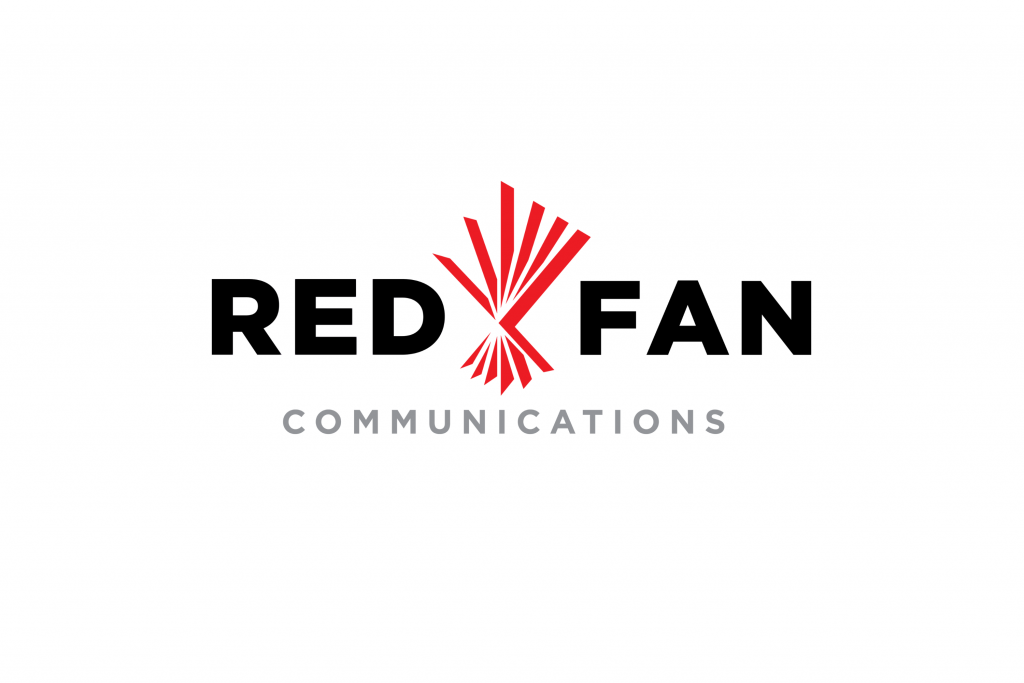
One of our commitments as an agency this month (and beyond) is to use our platform to create new opportunities for dialogue on critical issues like racial inequality, social injustice and diversity and inclusion. With that goal in mind, we decided to use our June newsletter to explore the topic of systemic exclusion in the workplace with Rajkumari Neogy, an epigenetics coach and executive consultant focused on the intersection of neurobiology, culture and empathy in today’s business world. She’s the founder of iRestart, a professional training and coaching consultancy that works with individuals, teams and organizations to enhance team effectiveness, foster greater emotional intelligence and improve performance. She’s also a Red Fan client and, to top it all off, a truly inspirational human being.
You’ll find our conversation with Rajkumari below. We hope you appreciate it, learn from it and take it back to your own businesses.
How do you define systemic exclusion in the context of a workplace environment?
Exclusion occurs anytime someone doesn’t feel safe or warmly welcomed in an environment. It’s a pervasive phenomenon in corporate America and really in any workplace. There are constant behaviors that a workplace enforces, mandates or tolerates that enable exclusion at all levels of a company and in myriad ways. In the vernacular of diversity and inclusion, we call these microaggressions. Microaggressions are nonverbal communications that lead to blatant and salient ways of excluding someone.
Say you’re in a conference room with seven people. The leader—the person welcoming everyone—shakes everyone’s hand except the person of color. That person is being received differently than the rest of the people in the room.
Another great example would be walking into a room and saying to one person, “Hey, how’s it going? How are the kids?” and then fist-bumping someone else. There’s clearly a different level of intimacy and connection.
Exclusion happens because there is a mindset or a perception that one person is better than another. There are opportunities in the workplace and in life to create more equitable ways of engagement, rather than creating this zero-sum game that creates environments of pervasive exclusion.
In your experience working with business leaders and corporations, what are the most noticeable symptoms of systemic exclusion, either in corporate culture or in individual behaviors?
When I see high levels of exclusion at a company, I also see high stress levels in employees, which ultimately lead to anxiety, depression, PTSD, trauma and even physical illness like chest pain, indigestion, migraines and other ailments, not to mention severe lack of productivity.
Cultures of exclusion are by nature tolerant of what should be unacceptable behavior: people ridiculing, insulting, ignoring, diminishing or humiliating their co-workers or subordinates. Those negative experiences are literally encoded in people’s brains through neurological pathways.
We see these behaviors manifest among leaders in a variety of ways: micromanaging, bullying, lack of direct, constructive feedback or transparency, withholding resources, a refusal to be vulnerable, a tendency to always be defensive, approaching interactions transactionally rather than relationally, minimizing someone’s complaints or ignoring them altogether.
The core underlying issue in each of these manifestations is a person’s lack of awareness, both of themselves and of the people around them. Awareness is closely tied to the notion of belonging, of creating an environment and team dynamic that reconciles conflict, embraces difficult conversations, emphasizes transparency, encourages vulnerability, and ultimately satisfies that basic emotional need, which our brains are biologically wired to seek.
Many companies and executives are turning inward to reckon with their biases, evaluate their behavior and educate themselves on critical issues like racism and social inequality. What resources would you recommend and what practical advice would you give that they can take back to their teams and companies to build a more inclusive workplace culture?
Find the right resources that empower you to become more self-aware, and to turn that awareness into action. I highly recommend the video series from Emmanuel Acho called “Uncomfortable Conversations with a Black Man.” It’s a great starting point for those beginning or continuing their journeys toward greater understanding and education on racial or social issues. I also highly recommend Robyn D’Angelo’s “White Fragility,” which discusses the defensive reactions many white people have when discussing the issue of racism.
Another critical piece of counsel: You can’t simply flip a switch and expect yourself to act differently. More importantly, you can’t expect your teams or employees to perceive you differently overnight. This is why working with a consultant can be tremendously beneficial. So the first thing you should do is create a feedback loop and truly be open to the feedback you receive. That can take the form of a poll or employee survey. Once you have that data, the most important thing you can do is hold yourself accountable and be vulnerable in front of your teams. Approach them with a message of, “I know I haven’t been transparent. I know I haven’t created a psychologically safe environment in the past. I know my biases got in the way of proving to you that you can trust me.”
Employees will notice the difference in your past and present behavior if it’s authentic and true. Once you’re able to have those conversations, you can create guidelines and guardrails in meetings and in conversations that encourage people to talk about their feelings or needs. When you provide an environment where those conversations are welcomed and valued, your employees in turn will begin to feel welcomed and valued.
If you want to learn more about Rajkumari and her services, email info@irestart.com or sign up to receive her monthly tips on epigenetics here.
WHAT WE’RE READING…
As an agency, we’re constantly learning and growing through what we read together. That’s why we’ve chosen to read Ijeoma Oluo’s “So You Want to Talk About Race”—an exploration of and call to action against today’s racial landscape, from white privilege to systemic discrimination—to grow together and better inform our internal discussions, changes and contributions to creating a more equitable present and future.







